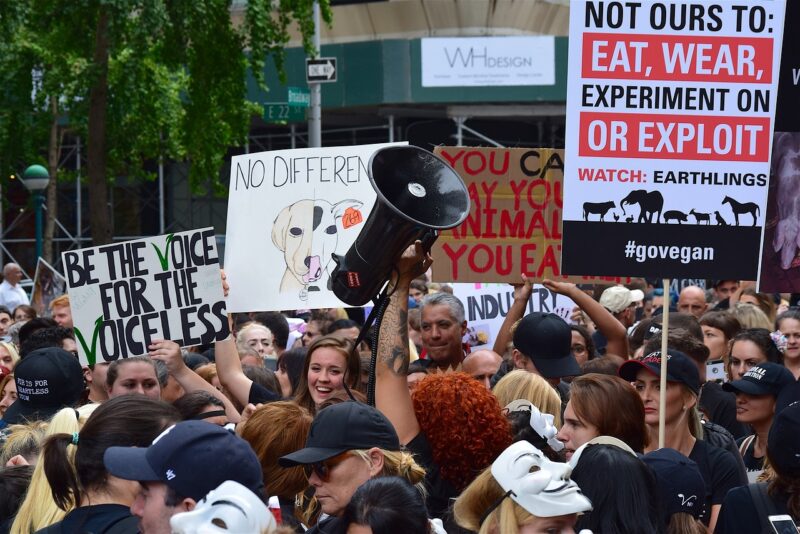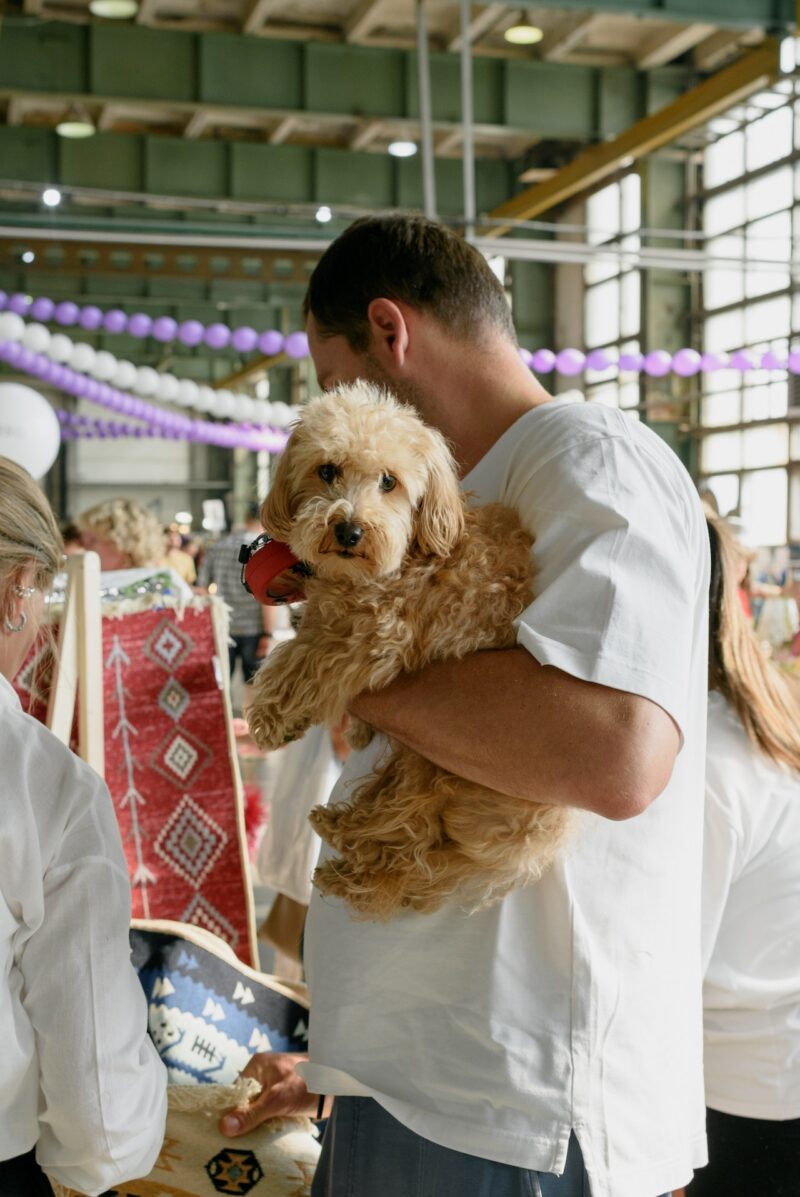The Top 5 Ways you can make a Difference for Animals
Are you passionate about animal rights and eager to get involved in advocacy? Animal advocacy is essential to protecting and improving animals’ lives. From factory farming to species extinction, countless animal welfare issues must be addressed. Read on to learn more!
Support animal organizations
Many organizations need extra help with fundraising, event planning, media outreach and more. Animal organizations are devoted to protecting and promoting the rights of animals, often fighting for their safety, health and welfare.
By supporting animal organizations, you can help them in their mission to create a better world for animals. For instance, you can take on the biggest fights for animals nationwide and worldwide by supporting the Humane Society of New York. They have experience in animal advocacy, such as protecting all animals and offering animal protection from cosmetic testing, fighting to improve the lives of farm animals, shutting down puppy mills and stopping trophy hunting. Share their stories on social media or reach out to family and friends who may be interested in supporting them.
Speak up for animals
When you talk about animal rights issues and respectfully share your opinion, you can create awareness and encourage others to get involved. This can be done in various ways, such as contacting lawmakers, conversing with family and friends or attending animal welfare events.
When you talk about animal rights issues and respectfully share your opinion, you can create awareness and encourage others to get involved. Writing letters to lawmakers or newspaper editors can help raise awareness and pressure decision-makers to make positive changes.
Active use of social platforms can promote animal advocacy when you join existing conversations, start conversations and share informative posts and videos to help spread the word.
Educate others about animal issues
Social media can be an excellent tool for educating others about animal issues; by creating informative posts, sharing articles and engaging in conversations about the topic, you can help spread awareness about the issue and engage others in meaningful dialogue. Additionally, hosting online events such as webinars or seminars can effectively get the word out about a particular topic.
You can also use traditional methods of educating others, such as attending community events or speaking at conferences or schools. You can even set up a booth at public events to distribute materials or answer questions about animal issues.
It is essential to do your research on the particular issue that you’re trying to raise awareness about so that you can provide accurate information to those who are interested in learning more. Presenting facts in a non-confrontational manner can help bring people together and start meaningful conversations.
Volunteer your time
Animal rescue organizations, wildlife organizations and animal shelters always need volunteers. For example, you can help transport animals from one location to another, provide temporary care for rescued animals, help with administrative tasks such as data entry or fundraising campaigns, or provide socialization for animals waiting for adoption.
You could help care for injured animals, create habitats or assist in educational programs. You can also spread awareness by attending protests and rallies related to animal welfare causes. Alternatively, you could participate in peaceful marches and hand out informational pamphlets to members of your community.
Animal rescue organizations, wildlife organizations and animal shelters always need volunteers. Even if you can’t donate money, you can still make a difference in the lives of animals by donating your time.
Be a responsible consumer
When buying food and clothing, opt for ethically sourced products from companies that do not use animal products or support animal exploitation in any way. You can also make a difference by purchasing items from companies that donate to animal welfare organizations or support initiatives that benefit animals.
Research the products you buy and ensure they are not produced using animal testing or cruel practices. Choose cruelty-free products whenever possible, look for labels certified by an independent body such as Leaping Bunny, or shop at stores specializing in cruelty-free items.
You can also advocate for change in the legal system by signing petitions or contacting your elected officials. By making yourself heard on issues related to animal rights, you can ensure that laws are passed and enforced that protect animals and hold people accountable for their actions.
Final thoughts
Animal advocacy is a cause that everyone can get behind. There are countless ways to make a difference and fight for the rights of animals, from speaking up on their behalf to becoming an informed consumer. Every little bit counts, and your efforts will significantly impact the fight for animal rights.
Become an advocate for animal welfare by sharing information with your friends, family and community members. Finally, use your voice to speak out against injustice and support companies that refuse to participate in unethical practices. Together, we can create real change for animals around the world!














